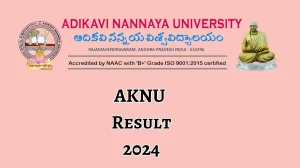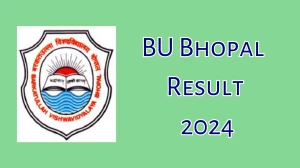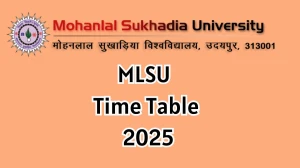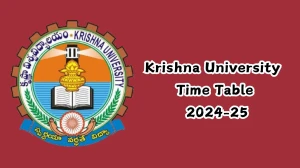- Rojgarlive »
- Education »
- UK Board Class 12 History Syllabus 2024-25 at ubse.uk.gov.in Syllabus, Pattern Here
UK Board Class 12 History Syllabus 2024-25 at ubse.uk.gov.in Syllabus, Pattern Here
by Keerthika
Updated May 30, 2024
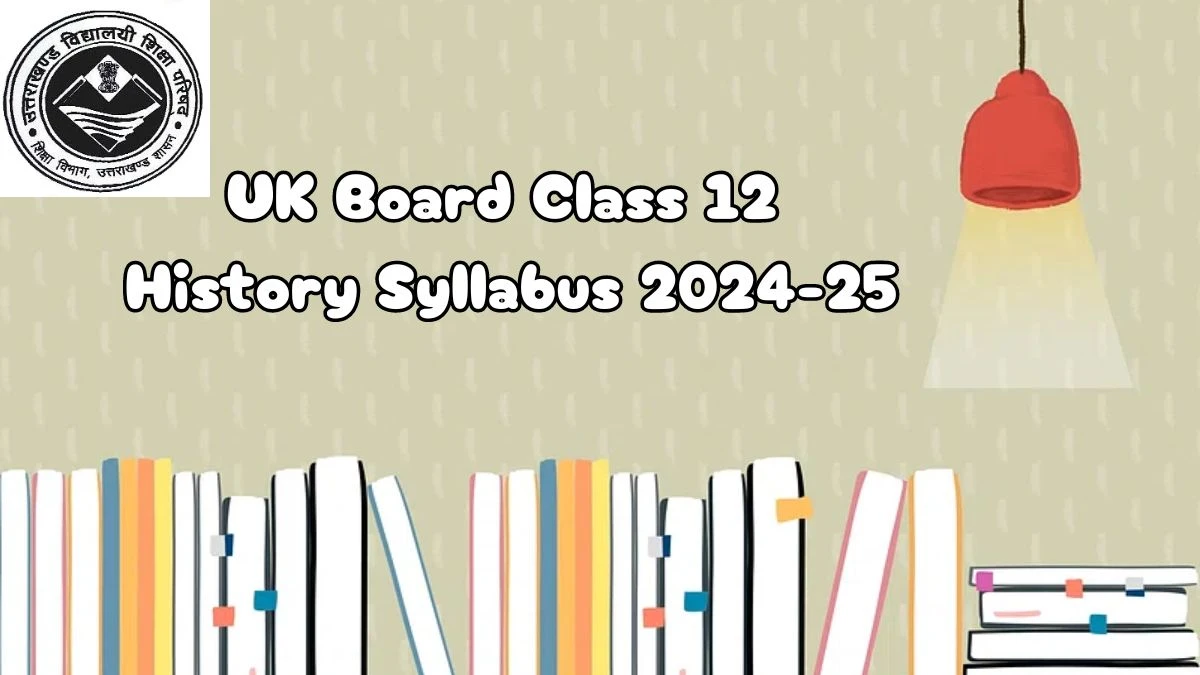
UK Board Class 12 History Syllabus 2024-25 at ubse.uk.gov.in
Students should take note that the Uttarakhand Board of School Education (UBSE), or the UK Board, has released the latest syllabus for subjects from classes 9-12. The syllabus is available for download on the Board’s official website, ubse.uk.gov.in, or in the school section of Jagran Josh. Below, we have provided the UK Board Class 12 History syllabus. It is important to note that the theory paper will be worth 80 marks, while the project work will account for 20 marks.
Check - UK Board Class 12 History Syllabus 2024-25
UK Board Class 12 History Syllabus 2024-25
OBJECTIVES
Project work will help students: To develop skill to gather data from a variety of sources, investigate diverse viewpoints and arrive at logical deductions.
To develop skill to comprehend, analyse, interpret, evaluate historical evidence, and understand the limitation of historical evidence.
To develop 21st century managerial skills of co-ordination, self-direction, and time management.
To learn to work on diverse cultures, races, religions, and lifestyles.
To learn through constructivism-a theory based on observation and scientific study.
To inculcate a spirit of inquiry and research.
To communicate data in the most appropriate form using a variety of techniques.
To provide greater opportunity for interaction and exploration.
To understand contemporary issues in context to our past.
To develop a global perspective and an international outlook.
To grow into caring, sensitive individuals capable of making informed, intelligent, and independent choices.
To develop lasting interest in history discipline.
GUIDELINES TO TEACHERS
This section provides some basic guidelines for the teachers to take up projects in History. It is very necessary to interact, support, guide, facilitate and encourage students while
assigning projects to them.
The teachers must ensure that the project work assigned to the students individually/ In-groups and discussed at different stages right from assigning topic, draft review to
finalization.
Students should be facilitated in terms of providing relevant materials, suggesting websites, obtaining of required permission for archives, historical sites, etc.
The Project Work should be suitably spaced from April to November in classes XI and XII so that students can prepare for Final Examination.
The teachers must ensure that the students submit original work.
Project report should be Handwritten only. (Eco-friendly materials can be used by students)
9 Main centres of the Revolt of 1857: Delhi, Meerut, Jhansi, Lucknow, Kanpur, Azamgarh, Calcutta, Benaras,
Gwalior, Jabalpur, Agra, Awadh
10 Important centres of the National Movement: Champaran, Kheda, Ahmedabad, Benaras, Amritsar, Chauri
Chaura, Lahore, Bardoli, Dandi, Bombay (Quit India Resolution), Karachi
The following steps are suggested:
1. Teacher should design and prepare a list of 15-20 projects and should give an option to a student to choose a project as per his/
her interest.
2. The project must be done individually/ In-groups.
3. The topic should be assigned after discussion with the students in the class to avoid repetition and should then be discussed at
every stage of submission of the draft/final project work.
4. The teacher should play the role of a facilitator and should closely supervise the process of project completion, and should guide
the children by providing necessary inputs, resources etc. to enrich the subject content.
5. The Project Work needs to enhance cognitive, affective, and psychomotor domains in the learners. It will include self-assessment
and peer assessment, and progress of the child in project-based and inquiry-based learning. Art integrated Activities,
experiments, models, quizzes, role plays, group work, portfolios, etc., along with teacher assessment. (NEP-2020) The Project
work can culminate in the form of Power Point Presentation/Exhibition/Skit/albums/files/song and dance or culture show /story
telling/debate/panel discussion, paper presentation and whichever is suitable to visually impaired candidates.
6. Students can use primary sources available in city archives, Primary sources can also include newspaper cuttings, photographs,
film footage and recorded written/speeches. Secondary sources may also be used after proper authentication.
7. Evaluation will be done by Internal examiner.
A FEW SUGGESTIVE TOPICS FOR CLASS XII PROJECTS
1. The Indus Valley Civilization-Archaeological Excavations and New Perspectives
2. The History and Legacy of Mauryan Empire
3. “Mahabharat”- The Great Epic of India
4. The History and Culture of the Vedic period
5. Buddha Charita
6. A Comprehensive History of Jainism
7. Bhakti Movement- Multiple interpretations and commentaries.
8. “The Mystical Dimensions of Sufism
9. Global legacy of Gandhian ideas
10. The Architectural Culture of the Vijayanagar Empire
11. Life of women in the Mughal rural society
12. Comparative Analysis of the Land Revenue Systems introduced by the Britishers in India
13. The Revolt of 1857- Causes; Planning & Coordination; Leadership, Vision of Unity
14. The Philosophy of Guru Nanak Dev
15. The Vision of Kabir
16. An insight into the Indian Constitution
17. Comparative study of Stupas and Pillar edicts
18. Comparative study of Mughal and Vijayanagar architecture
One Project to be done throughout the session in class XII.
1. Steps involved in the conduct of the project:
Students may work upon the following lines as suggested:
1. Choose a Title/Topic
2. Need of the Study, Objective of the Study
3. Hypothesis
4. Content -Timeline, Maps, Mind maps, Pictures, etc. (Organization of Material/Data Present Material/Data)
5. Analysing the Material/Data for Conclusion
6. Draw the Relevant Conclusion
7. Bibliography
2. Expected Checklist for the Project Work:
1. Introduction of topic/ title
2. Identifying the causes, events, consequences and/or remedies
3. Various stakeholders and effect on each of them
4. Advantages and disadvantages of situations or issues identified
5. Short-term and long-term implications of strategies suggested during research
6. Validity, reliability, appropriateness, and relevance of data used for research work and for presentation in the project file
7. Presentation and writing that is succinct and coherent in project file
8. Citation of the materials referred to, in the file in footnotes, resources section, bibliography etc.
Assessment of Project Work
|
Topics |
Marks |
|
Relevance of the topic |
3 |
|
Knowledge content /Research Work |
3 |
|
Presentation Technique |
3 |
|
Viva based on project |
6 |
|
Continuous assessment (Unit Test) |
5 |
UK Board Class 12 History Syllabus 2024-25? -FAQ
What is the pattern of the UK board 12th exam? As per the UK 12th 2024-25 exam pattern, the exam is divided into two parts that include theory and practical except for language-based subjects. A total of 70 marks are allocated for theory paper and 30 marks are allotted for practical.
The latest and revised syllabus of UBSE 12th is provided in the article above. Students can go through the syllabus carefully to know if there are any minor changes.
